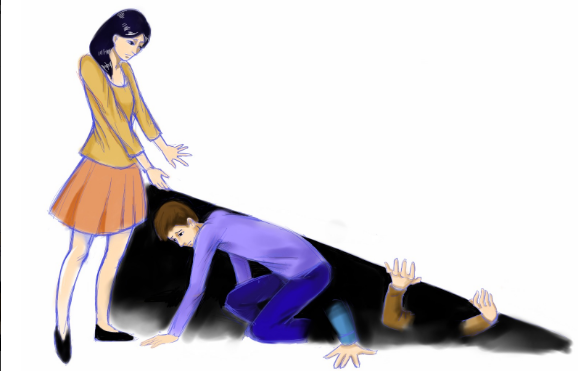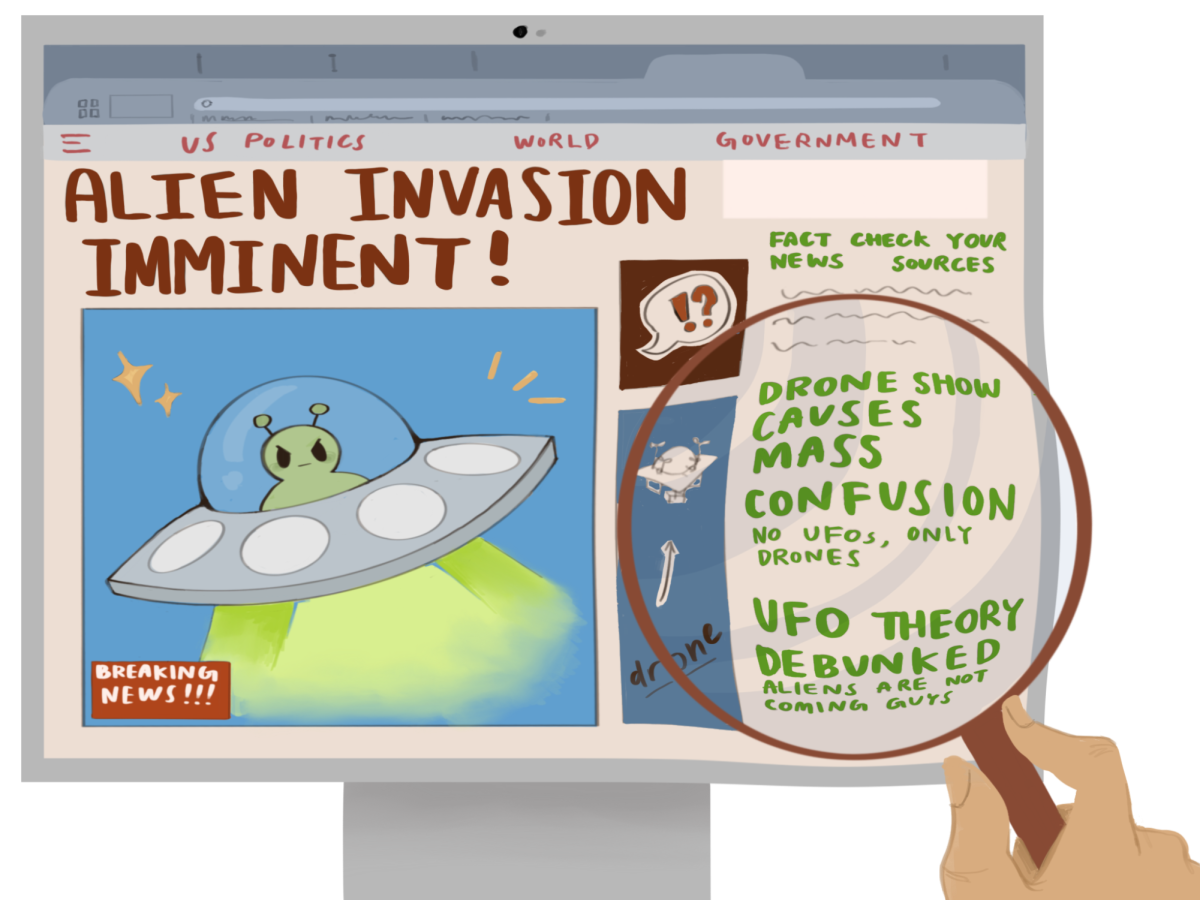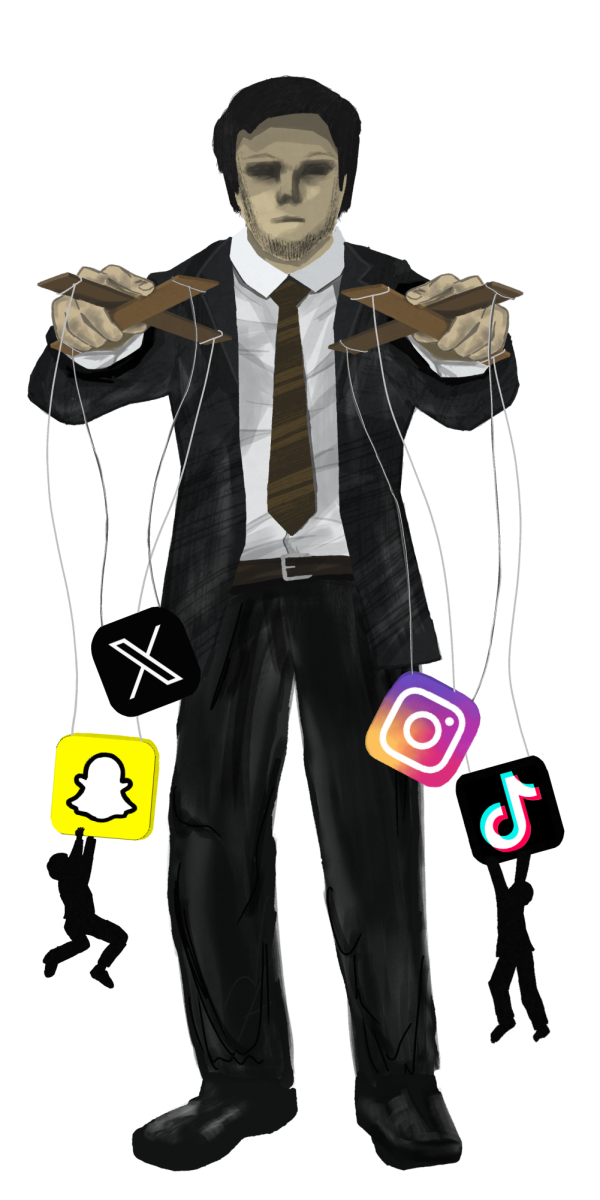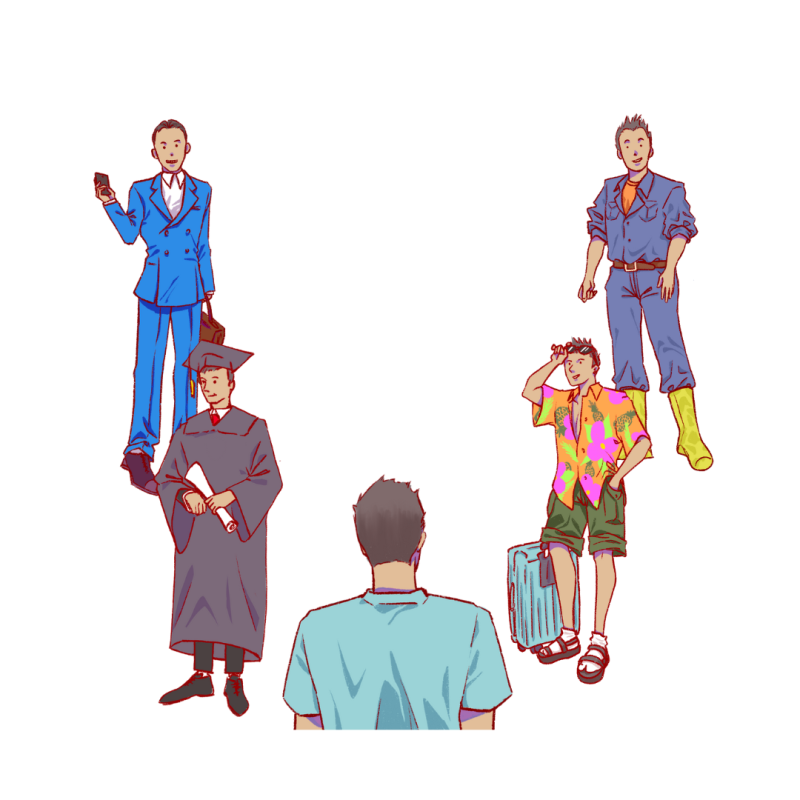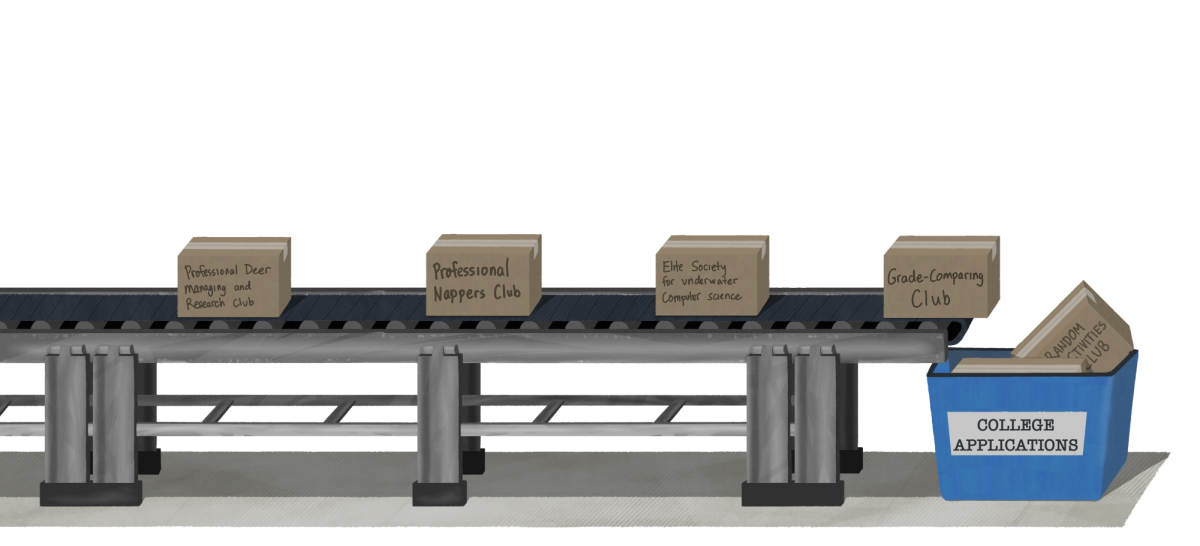Written by Cassandra Bond
“I am so OCD, I just organized my pens in color order!” “Do you have ADHD? You can never pay attention!” Comments like these are heard around campus all the time, with little respect for others’ feelings and conditions. While it is easy to joke about, comments about mental disabilities fail to promote the wellbeing and acceptance of those with disabilities. It creates a negative environment where people with disabilities may feel hurt and misunderstood. It is important to encourage the correct view of disabilities such as Obsessive Compulsive Disorder (OCD), Attention Deficit/Hyperactivity Disorder (ADHD), and autism so that students can feel comfortable and confident in their difference. Trivializing disabilities creates a negative stigma that does not follow the Not In Our Schools mentality.
A common mental disability is ADHD, which results in difficulties with paying attention. Children with ADHD tend to have troubles staying on task and organized, and can sometimes have fidgety and overly talkative behaviors. The Center for Disease Control reports that 11 percent of children ages 4 to 17 have been diagnosed with ADHD as of 2011. Considering 11 percent of children have ADHD, it is important to keep in mind the high chance of someone being affected by any derogatory conversations. Although it can be difficult to understand someone else’s conditions, joking about them does nothing more than cause more insecurity. This is made increasingly clear given that, according to the Center for Disease Control, parents of children with ADHD reported almost three times as many peer difficulties than parents with children who do not have a history of ADHD. These peer difficulties stem from seemingly harmless jokes that can have serious repercussions on students’ social and mental well-being. Parents also reported that along with being more likely to have peer difficulties, children with a history of ADHD are 10 times more likely to have problems that affect relationships. With the already higher difficulty for students with ADHD to keep healthy relationships, joking about another person’s struggles only adds to the possibly more difficult social situations of students with ADHD. ADHD affects 11 percent of the population, so the next time someone decides to joke about ADHD, consider the amount of people that may take what one says to heart.
Along with the social challenges of having a mental disability comes insecurity. With fear of judgment already prevalent in teenagers, feeling the influence of peers’ negativity does not help with self-esteem. According to a study from the Archives of General Psychiatry, kids with ADHD are four times more likely than their peers to become depressed. Adding negative peer influence does not promote a healthy life for students who already have a higher risk of mental illness.
Another popular joked-about disability is OCD. Understanding Obsessive Compulsive Disorder claims that approximately 3.3 million people in the U.S are diagnosed with OCD. Many assume that organizing your pens in rainbow order counts as being OCD, without knowing that people who have actually been diagnosed with OCD may be washing their hands until they bleed. In everyday life one’s disability is present at all times, making it a serious prohibitor in their success at times. With all of the common misconceptions behind OCD, it is easy to joke and judge. It is also easy to get caught up in the media’s influence with shows and movies portraying the horror behind overly exaggerated mental disabilities. Fixing this stigma starts with being aware of all the people around one another, and respecting everyone’s differences no matter the issue.
To combat these stigmas, it is essential to stand up to those who casually make derogatory remarks, as well as work to understand fellow classmates’ challenges. Next time someone jokes about another student having a mental disability, or attributes it to their own behavior, people should let them know their speech can be offensive to others. Truly being “all in this together” involves defending and understanding everybody, without letting peers influence your own morals. If others are joking about something that they should not be, let them know that it is hurtful. Students who have ADHD, OCD or any other mental disability want to feel as safe and accepted as anyone else.
Another key aspect to reducing mental disability stigmas is to stay informed. Understanding a disability beyond what one hears on campus gives insight into the full picture of someone’s struggles, not just the assumptions students make. Instead of assuming that others’ jokes do not make a difference and are not offensive, be the informed friend who knows what someone with disabilities are going through. Many assume that hateful comments are only a joke and do not actually mean anything, but joking and making presumptions about others struggles is far from funny. What one says does make a difference, so choose to help others rather then agitate the already negative stigma behind mental disabilities.



